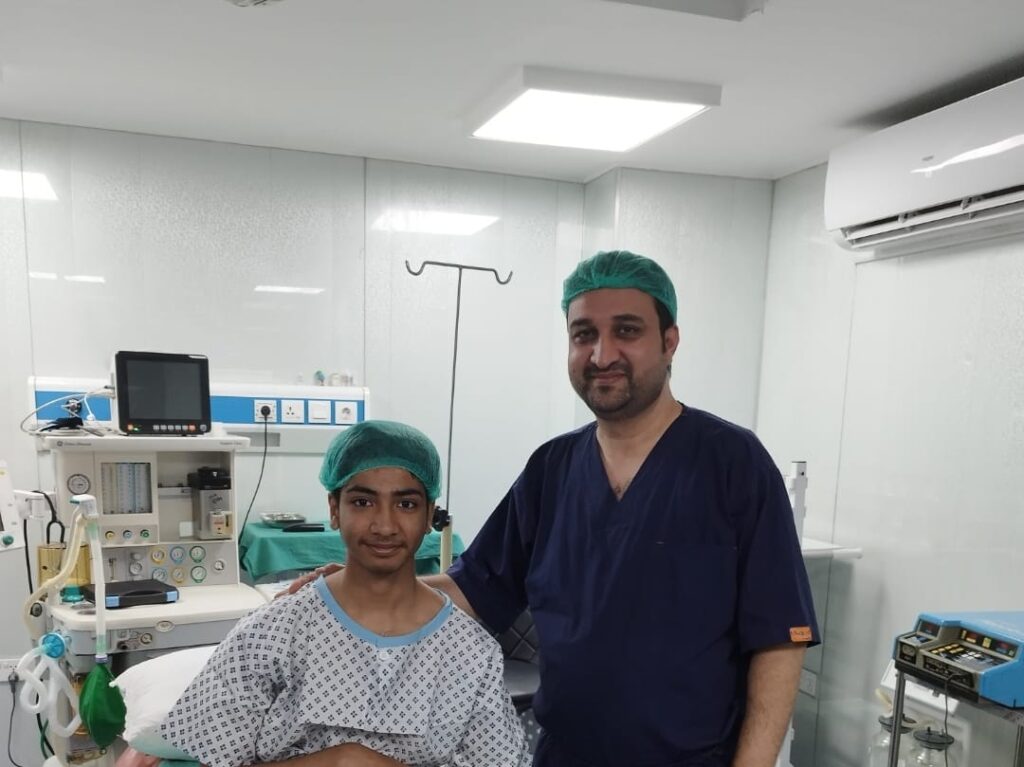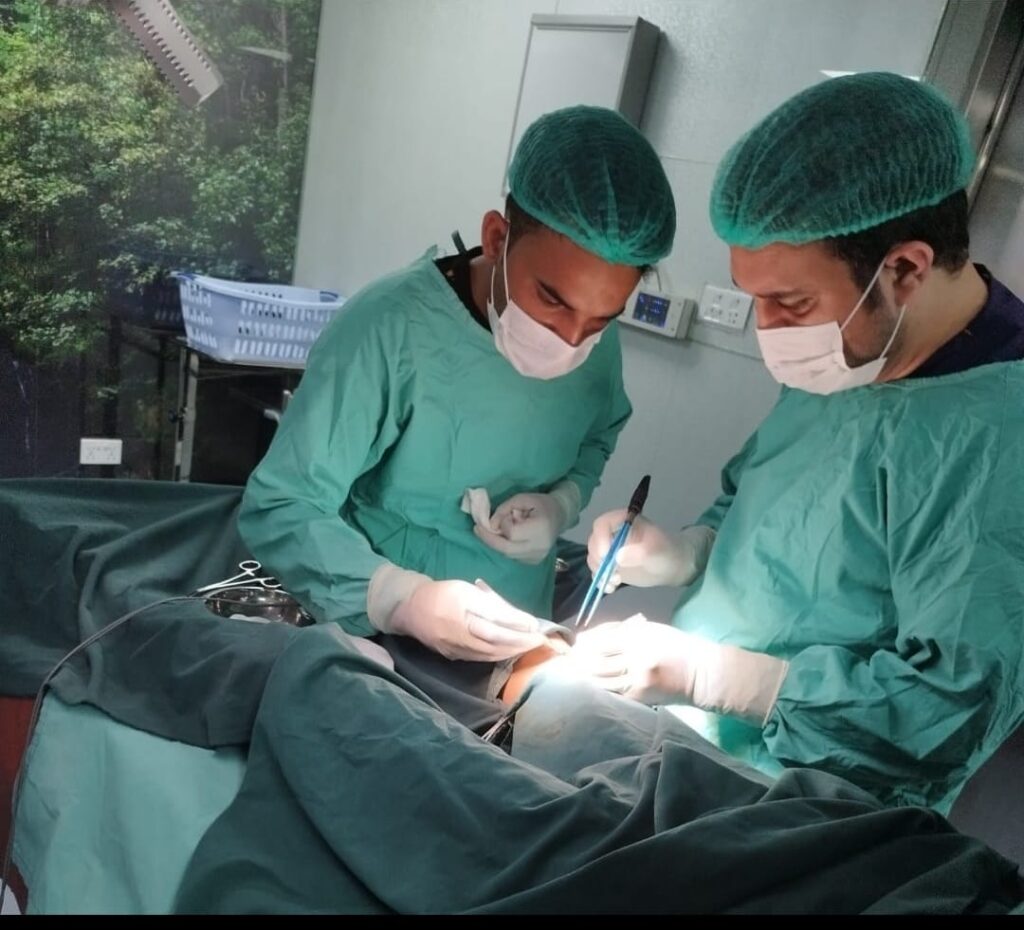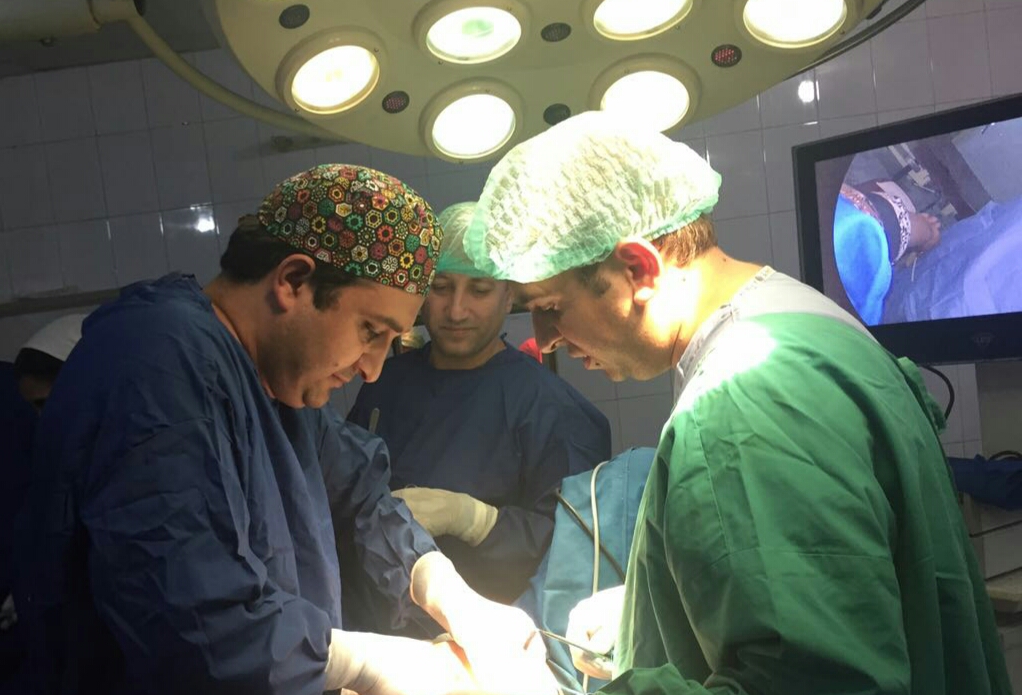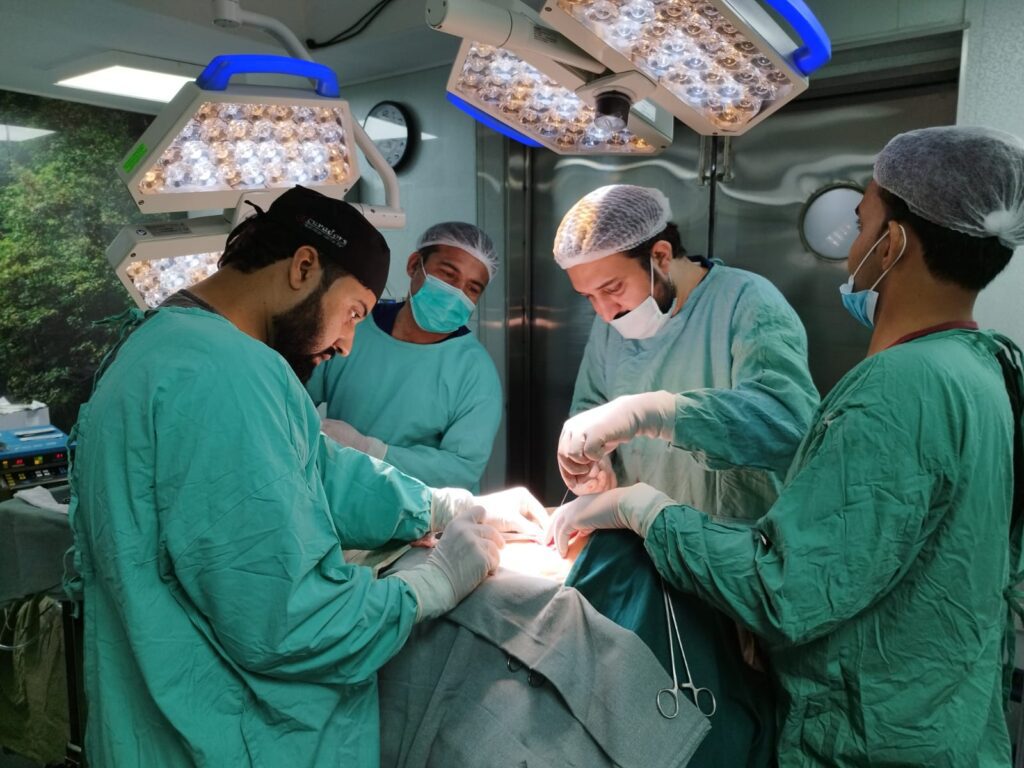- contact@laparoscopyadvice.com
- General Practice Hospital, G-9/2 Islamabad
- Mon - Fri: 10:00 am - 7:00 pm
Visiting Hours
| Mon - Fri: | 8:00 am - 8:00 pm |
| Saturday: | 9:00 am - 6:00 pm |
| Sunday: | 9:00 am - 6:00 pm |
Gallery Posts






| Mon - Fri: | 8:00 am - 8:00 pm |
| Saturday: | 9:00 am - 6:00 pm |
| Sunday: | 9:00 am - 6:00 pm |







Tumors of the spleen can encompass a range of benign and malignant growths originating from the spleen tissue. While some tumors may be asymptomatic and discovered incidentally during imaging studies, others can cause symptoms such as abdominal pain, fatigue, or anemia. Diagnosis typically involves imaging studies, biopsy, and histopathological examination. Treatment options vary depending on the type and stage of the tumor and may include surgery, chemotherapy, or radiation therapy.
Tumors of the spleen can arise from various cell types within the spleen, including lymphocytes, fibroblasts, or endothelial cells. Common types of splenic tumors include hemangiomas, lymphomas, and splenic cysts. Malignant tumors such as splenic lymphomas or sarcomas are less common but can pose significant health risks if left untreated.
The exact cause of most splenic tumors is unknown, but certain factors such as genetic predisposition, immune system disorders, or exposure to environmental toxins may increase the risk of developing these tumors. Individuals with a history of certain hematologic disorders or previous splenic injuries may also have an elevated risk.



Treatment for tumors of the spleen depends on various factors, including the type, size, and stage of the tumor, as well as the individual’s overall health and treatment goals. Options may include:
As the causes of most splenic tumors are not well understood, specific prevention strategies may be limited. However, maintaining a healthy lifestyle, avoiding exposure to environmental toxins, and managing underlying medical conditions may help reduce the risk of developing certain types of tumors.
Q: Can tumors of the spleen be completely cured?
A: The prognosis and treatment outcomes for tumors of the spleen depend on various factors, including the type and stage of the tumor, as well as the individual’s overall health. While some benign tumors may be curable with surgical removal, the prognosis for malignant tumors can vary significantly and may require multimodal treatment approaches.
Q: Are all splenic tumors cancerous?
A: No, not all splenic tumors are cancerous. Some tumors, such as hemangiomas or cysts, are benign and may not require treatment unless they cause symptoms or complications. However, certain types of tumors, such as lymphomas or sarcomas, can be malignant and may require aggressive treatment.
Q: What are the potential complications of untreated splenic tumors?
A: Untreated splenic tumors, particularly malignant tumors, can lead to various complications such as splenic rupture, anemia, infections, or metastasis to other organs. Prompt diagnosis and appropriate treatment are essential to prevent potential complications and improve outcomes.
| Mon - Fri: | 9:00 am - 7:00 pm |
| Saturday - Sunday: | Off |
Copyright 2023 Adil's Laparoscopy World | Powered by Dynaamx